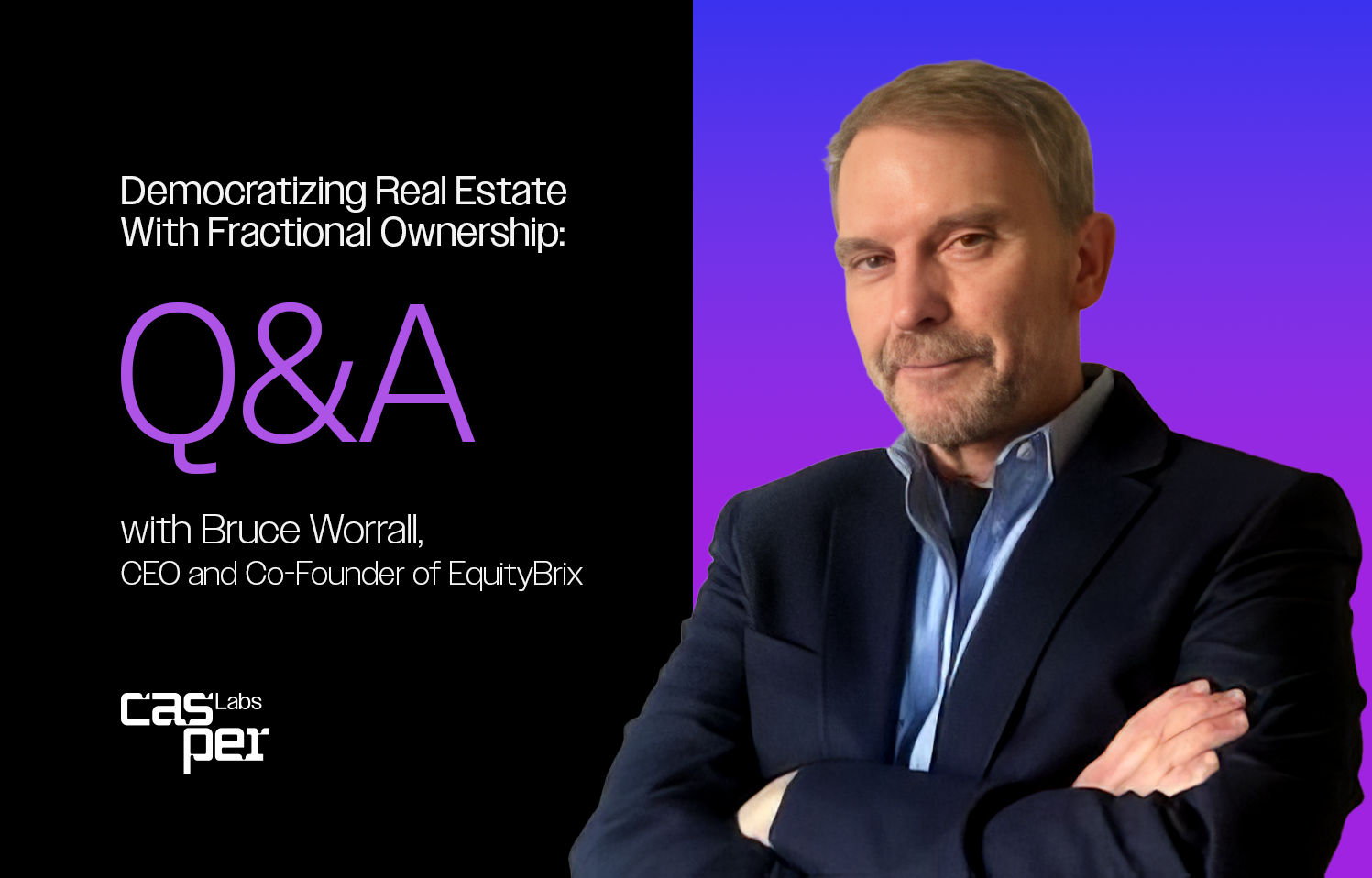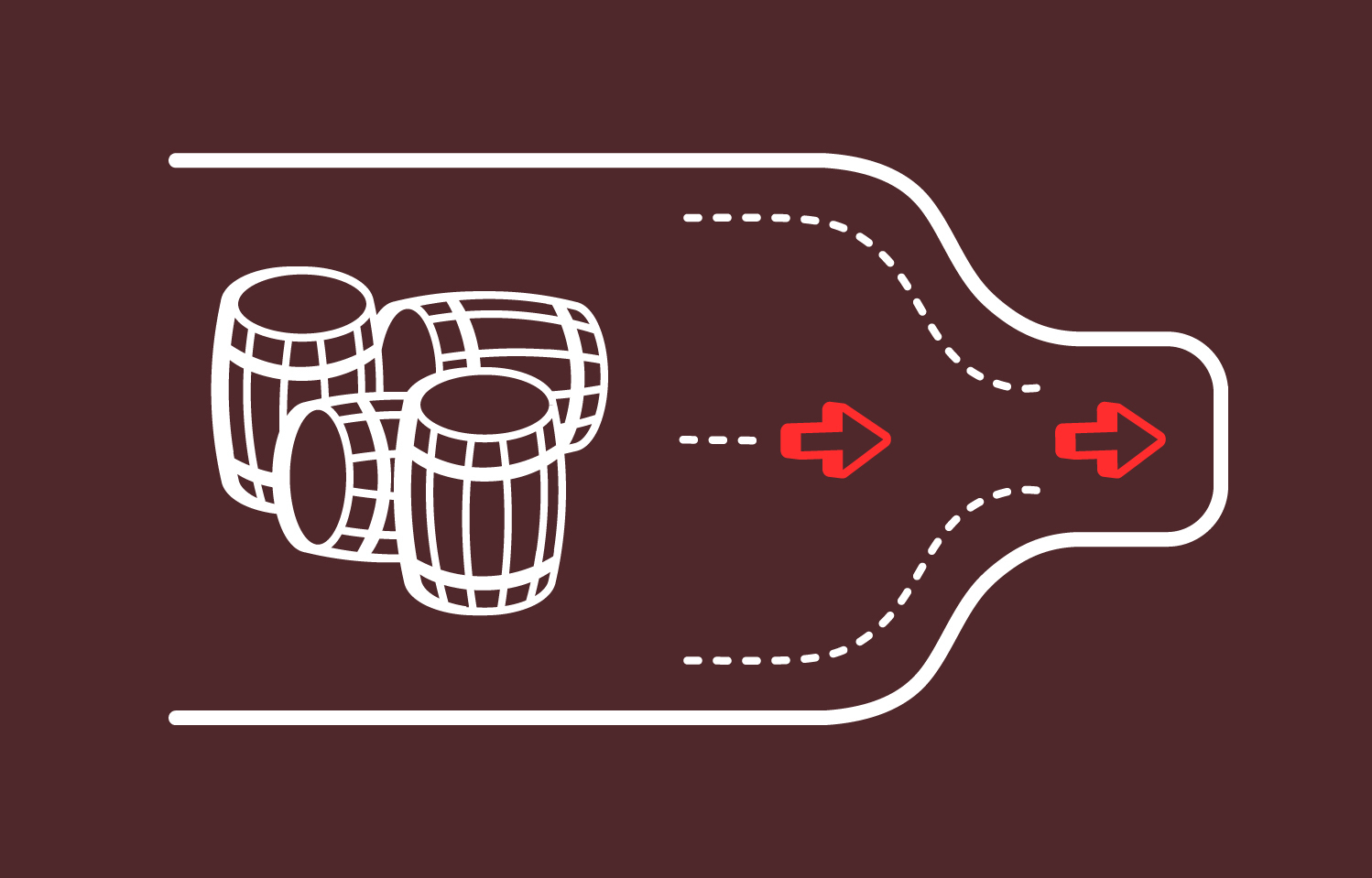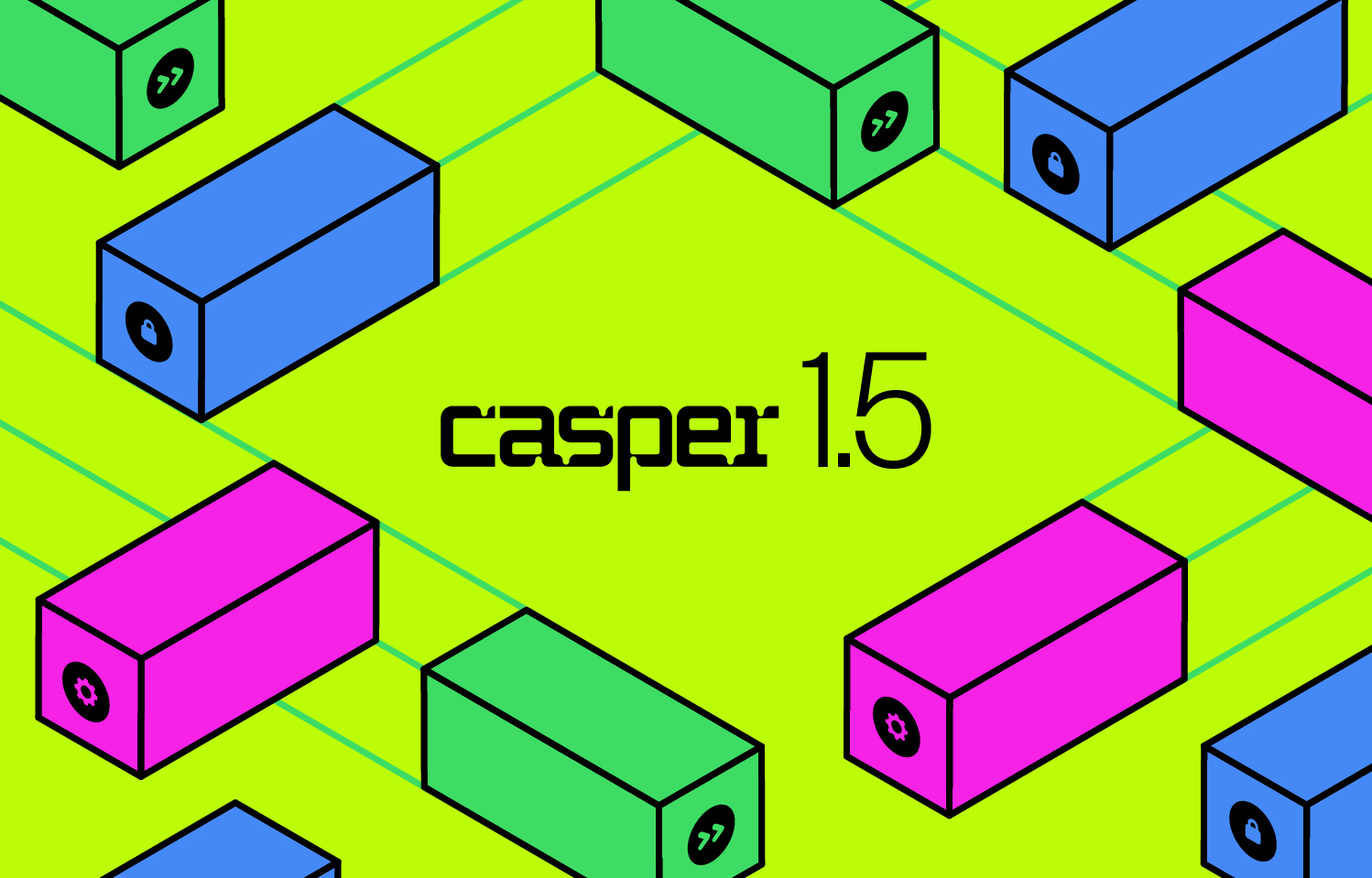The current model of real estate investment is extremely exclusive and inefficient. When a luxury condominium development in a prime urban location is projected to cost $100 million to complete, for example, the entry requirements to invest in a project of this caliber are steep—involving massive capital commitments, expensive middlemen, and lots of paperwork. Even if an investor did have the capital, gaining entry into these types of projects often relies on specific networks and existing relationships with developers and investment firms. This makes it difficult, if not impossible, for most individual investors to participate.
Enter: Fractionalization. It’s the groundbreaking concept of digitizing a real-world asset (like the condominium development) or a financial asset, breaking it up into smaller pieces, and turning these pieces into “tokens” (aka units) that investors can buy and sell. If done right, the resulting liquidity is a major advantage over traditional real estate investment.
Leading the charge on this initiative is Bruce Worrall, the CEO and co-Founder of EquityBrix—a company that provides a wide range of self-service tools for real estate investors, property owners, and developers - as well as other types of asset owners. We sat down with Mr. Worrall to talk about how he is using technology to democratize investing, make the process more efficient, and how he’s leveraging blockchain to make that happen.
Q: You’ve worked with a number of technology companies as a consultant—and before that, you were deep in product marketing. How did you end up founding EquityBrix?
I’m the kind of person that’s really excited about the next big thing. I’m always on board to try something new for the first time. I like to be early in the game.
I guess that’s what initially drew me to work as a strategist, and VP of Business Development at FairMarket, which hosted an interconnected network of private-labeled, online auction sites (marketplaces).
I helped get that project to really take flight, establishing an extensive network of online partners with private-labeled, interconnected, dynamic auction marketplaces. We worked with strategic partners like MSN, Ticketmaster, MSNBC, and many other major brands to help leverage the network effect to make a wider range of items available to a broader network of users.
In fact, investors and the public market were so enamored with our distributed network of private labeled marketplaces, it enabled Fairmarket to go public (IPO) and ring the bell on NASDAQ. (It was an amazing experience going from startup to IPO.)
Eventually eBay acquired the company, and I ended up consulting them (and others) on various initiatives over the years. One of them was a division of eBay called ProStores, which helped small businesses open storefronts and manage their online business - in the early days of online commerce. Those were also the very early days of AI, so I helped the eBay ProStores team create self-optimizing marketing tools that small business owners could use to better engage users and increase their sales.
A few things stood out to me. First, that we could unlock an interconnected network of buyers and sellers online by creating a platform that brought them together via a network of sites (aka Marketplaces). Second, I realized that AI had this transformative ability to help people optimize the way they bought and sold things. These ideas, as well as more recent advances in Blockchain technology, were what inspired me to create EquityBrix.
I realized as it stands today, the real estate market (as well as most other private investments) sorely lacked the kind of access, transparency, personalization, and liquidity needed to provide private investing the benefits of public investing - and in many cases more!
Q: Tell us about blockchain’s impact on the real estate industry. Where are you seeing the most benefit?
What blockchain can do is give both investors and real estate developers & owners the ability to make secure, efficient real estate transactions. Equally important, decentralized digital ledger technology tied to a secondary aftermarket trading exchange is a game-changer in terms of providing true liquidity for assets that are currently illiquid. Allowing investors and even deal sponsors to buy and sell their stakes online in real time, thereby automating manual transactions to to be processed and close much more efficiently and quickly.
In particular, the immutability of recording investment and financial transactions on blockchain is critical in terms of enabling transparent, yet tamper-proof transaction records. It creates this universal source of truth for both buyers and sellers in the market.
Equally or more important, the ability to fractionalize real world assets—to be able to own pieces of something physical, and quickly cash in and cash out whenever you need—is enhanced by access to Secondary Aftermarket Trading Exchange, creating true liquidity. That’s why, EquityBrix is creating a Distributed Network of Primary Fractional Investment Marketplaces that all connect to our forthcoming Secondary Aftermarket Exchange. Collectively, it’s transformative. Fractional ownership breaks down traditional barriers to entry by reducing the minimum investment required. This opens up opportunities to individuals who may not have the capital to buy entire properties outright.
The bottom line is that we’re making a market that was previously exclusive to high net-worth individuals, more accessible, more efficient and more liquid. As people get used to the idea of buying and selling tokens (units of ownership) that are integrated with blockchain networks, they’ll be able to experience the amazing benefits that come with digitizing virtually any tangible, physical real world or financial asset.
Q: Aside from cost barriers, what are some other challenges that small investors face today in the real estate space? How can EquityBrix address these issues?
Transparency and accountability is a big problem—not only in real estate, but also in general investing practices. Investors in smaller companies, for example, often don’t know how their money is being used. They tend to be “stuck”, waiting for a liquidity event that might occur in 3 years, 5 years or 7 years or never. To make matters worse, private businesses do their own financial reporting, and decide if/how often they want to share these updates with their investors.
Our platform, which has an integrated accounting system, which enables deal Sponsors to provide either very basic or comprehensive quarterly reports to investors on a business’ financial information using our automation tools.
Let’s say a developer is looking to renovate or do some construction work on a building. That plan can easily be shared with fractional investors in their network, including critical details like what they hope to achieve with the construction project, what the target cost is, how they expect to use the investment funds, and if their project costs are on or off target.
EquityBrix also provides a built-in CRM and a Multi-channel Marketing System which enables ongoing investor, client, and prospect communications. All from one, All-in-One platform.
But going back to transparency, what’s great about a transparent marketplace is, the more willing businesses are to share their financial information, the more likely they are to attract investors. It’s a symbiotic, win-win situation, where investors benefit from knowing where their money is going, and investment deal sponsors are able to secure more funding.
Blockchain is the secret ingredient powering this marketplace, bringing buyers and sellers together in a way that was just not possible before. We’re creating a hyper-secure, hyper-visible environment where investments can flow freely and be managed with greater ease. This shift represents a significant step forward in democratizing finance and creating more efficient, more liquid, and inclusive markets.
Curious about fractional ownership? Learn how Casper Labs enables companies to tokenize assets on the chain.
If you’re interested in reading about EquityBrix’s new marketplace-as-a-service platform, check out their website for more information.



